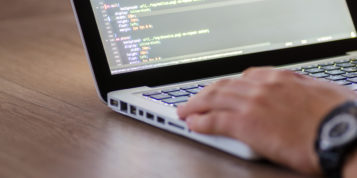The incredibly popular AI chatbot ChatGPT is set to become even more accessible this week with the launch of the official ChatGPT app for Android.
Developed by OpenAI, ChatGPT has amassed millions of users since its release in November 2022, but has so far only been available through the web browser or via unofficial mobile apps for Android users. However, OpenAI announced on Twitter that the official ChatGPT app for Android will be rolling out to users this week. Users can pre-register on the Google Play store to have the app installed automatically when it becomes available.
Announcing ChatGPT for Android! The app will be rolling out to users next week, and you can pre-order in the Google Play Store starting today: https://t.co/NfBDYZR5GI
— OpenAI (@OpenAI) July 21, 2023
ChatGPT took the world by storm upon release as people realized its potential for answering questions, generating essays, holding thoughtful discussions, and automating basic tasks. The free chatbot is viewed as one of the most advanced AI systems available to the public, showcasing the rapid progress of generative AI.
iPhone users have been able to download the official iOS ChatGPT app. Android users have had to rely on unofficial third-party apps to access ChatGPT on mobile devices.
The Android app is expected to provide the same core ChatGPT experience as on the web and iOS. Users will be able to have text conversations with the AI assistant by typing or speaking prompts. ChatGPT will then provide detailed responses on nearly any topic within seconds. The app may also eventually incorporate specialized skills and capabilities tailored for mobile use cases.
The official Android app should also offer improved reliability and accuracy compared to some unofficial third-party versions. With OpenAI controlling the release directly, users can expect optimal integration between the back-end AI and front-end mobile interface.
The generative AI revolution started by ChatGPT continues to push forward at remarkable speed. However a recent study which compared ChatGPT3.5 and ChatGPT 4 on things like math problems, sensitive questions, computer code, and visual puzzles found the quality over just a few months has declined. For example, GPT-4 got way worse at math – its accuracy dropped from 97.6% to only 2.4%. It also got a lot worse at generating usable computer code – only 10% of its code worked compared to 52% before.
It will be interesting to see how OpenAI handle these situations, but either way it is fascinating to witness the pace at which AI is developing across all areas of our lives.





